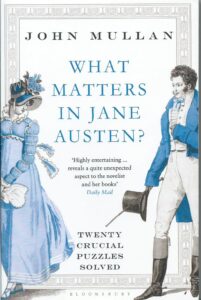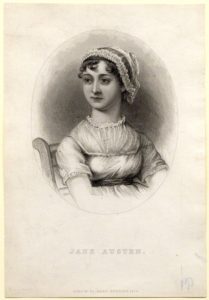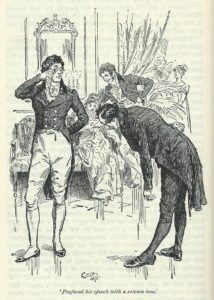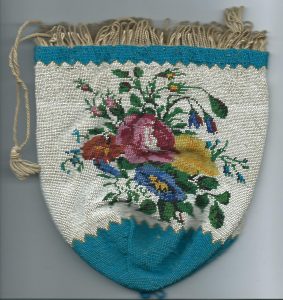I have been re-reading Jenny Uglow’s In These Times: Living in Britain Through Napoleon’s Wars, 1793-1815 in which she demonstrates very clearly how the Napoleonic Wars permeated every aspect of life for twenty-two long years and affected everybody – including Jane Austen’s characters – as the country faced the urgent need for men for the armed forces, military supplies, ships, a modern transport system, efficient banking, and so on.
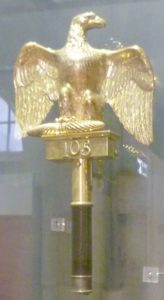
Captured Napoleonic Eagle of the 105th by the Royal Dragoons at the Battle of Waterloo,1815, in the Household Cavalry Museum (copy)
This post is a refutation of those critics who assert that Jane Austen’s novels concentrate only on domestic everyday life as lived by the English upper-middle classes.Jane Austen, they say, ignores the wider picture and fails to mention the Napoleonic Wars. This, in my opinion, is simply not true. In fact, the war is a constant, and important, background to her novels; the problem is that most modern readers fail to recognize her references to it.
Continue reading Jane Austen and the Napoleonic Wars
Please share this page...
